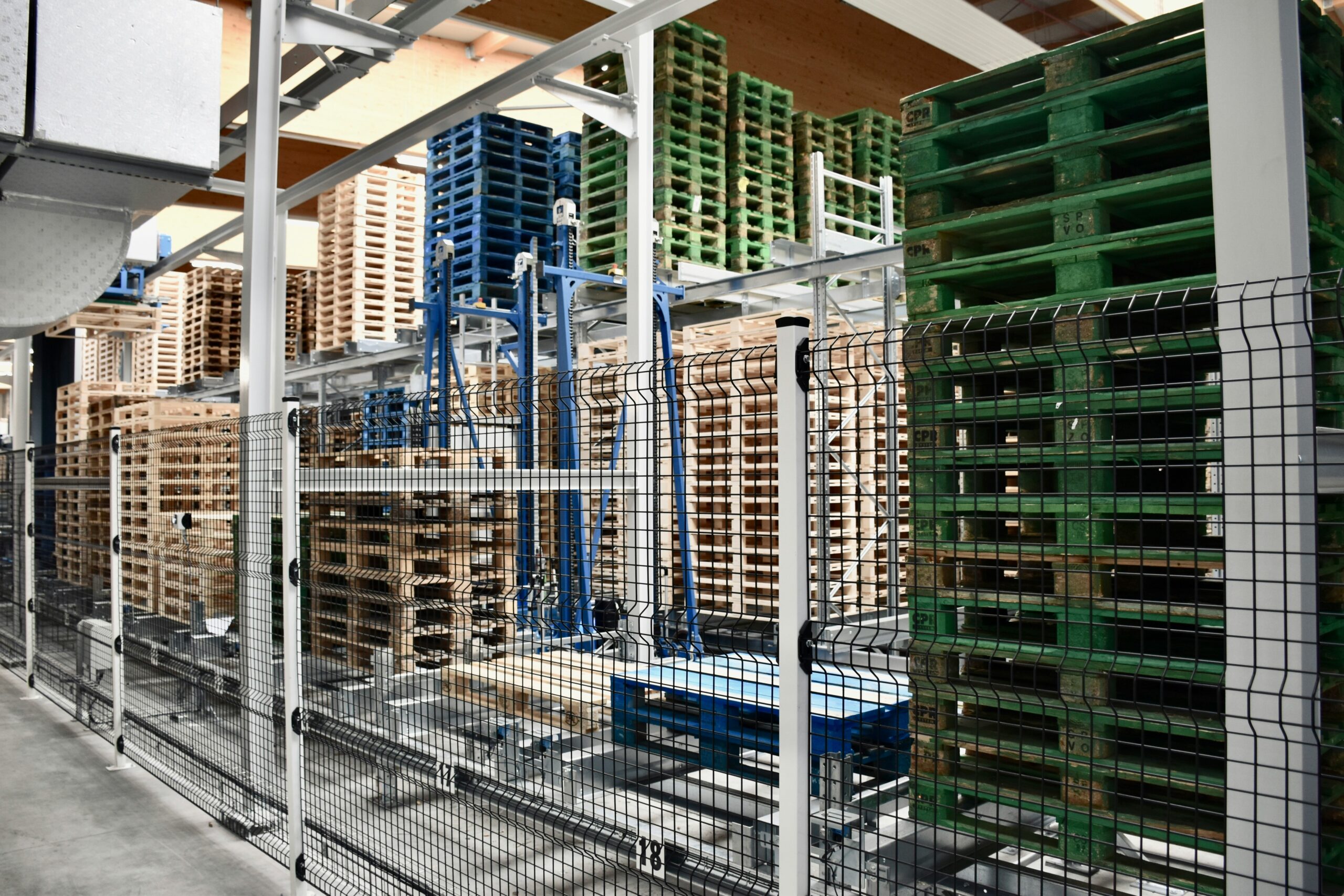In the shipping industry, pallets are essential for transporting goods efficiently and safely. However, traditional pallet materials and disposal methods can have adverse environmental effects. Fortunately, there are sustainable options available that minimize this impact. This article explores the environmental footprint of traditional pallets and highlights eco-friendly alternatives that are revolutionizing the shipping industry (see https://www.alliancepacking.com/pallets).
The Environmental Footprint of Traditional Pallets
Wood Pallets
Wooden pallets are the most common type used in shipping, accounting for a significant portion of the industry. While wood is a renewable resource, the production and disposal of wood pallets present several environmental concerns. The manufacturing process involves harvesting trees, which can lead to deforestation if not managed responsibly. Additionally, the energy required for processing and transporting wood pallets contributes to greenhouse gas emissions.
Once wood pallets reach the end of their life cycle, disposal becomes an issue. Often, these pallets end up in landfills, where they decompose slowly, releasing methane, a potent greenhouse gas. Even when pallets are incinerated, the process can release harmful pollutants into the atmosphere.
Plastic Pallets
Plastic pallets offer durability and resistance to contamination, making them popular in certain industries. However, they are typically made from non-biodegradable plastics derived from fossil fuels. The production of plastic pallets is energy-intensive, leading to a higher carbon footprint compared to wooden pallets. Furthermore, disposal is problematic as plastic pallets can persist in the environment for hundreds of years if not properly recycled.
Sustainable Alternatives for Pallets
Recycled Wood Pallets
Recycled wood pallets are a more sustainable option compared to new wood pallets. They are made from reclaimed wood or by reusing parts from old pallets. This approach reduces the demand for new timber and minimizes waste. Additionally, the use of recycled materials lowers the energy consumption and emissions associated with pallet production.
Composite Pallets
Composite pallets are made from a mix of recycled wood fibers and plastic resins. These pallets offer the strength and durability of plastic while utilizing recycled materials, thus reducing the environmental impact. Composite pallets are also more resistant to damage and have a longer lifespan, further contributing to their sustainability.
Biodegradable Pallets
Biodegradable pallets are an innovative solution designed to break down naturally over time, minimizing environmental impact. These pallets are typically made from materials like compressed cardboard, cornstarch, or other plant-based fibers. While they may not be suitable for all shipping needs due to their lower weight capacity, biodegradable pallets are perfect for lightweight and single-use applications.
Metal Pallets
Metal pallets, often made from aluminum or steel, are highly durable and can be recycled indefinitely. Though the initial energy cost to produce metal pallets is high, their longevity and recyclability make them a sustainable choice for certain industries. Metal pallets are ideal for heavy-duty applications and can withstand extreme conditions, reducing the need for frequent replacements.
Benefits of Sustainable Pallets
Reduced Environmental Impact
By opting for sustainable pallets, businesses can significantly reduce their carbon footprint. Recycled and biodegradable materials help lower greenhouse gas emissions, decrease landfill waste, and conserve natural resources. These benefits contribute to a healthier planet and demonstrate a commitment to environmental responsibility.
Cost Savings
Sustainable pallets often have longer lifespans compared to traditional wooden or plastic pallets. This durability translates into fewer replacements and lower long-term costs. Additionally, many eco-friendly pallets are designed for easier maintenance and repair, further reducing expenses associated with pallet management.
Improved Brand Image
Consumers are increasingly aware of environmental issues and prefer companies that demonstrate sustainable practices. By using eco-friendly pallets, businesses can enhance their brand image, attract eco-conscious customers, and gain a competitive edge in the market.
Conclusion
The environmental impact of traditional pallets is a pressing concern, but sustainable alternatives offer practical solutions for reducing this footprint. Recycled wood, composite, biodegradable, and metal pallets provide eco-friendly options that support responsible shipping practices. By embracing these alternatives, businesses can not only improve their operational efficiency but also contribute positively to the environment, showcasing their commitment to sustainability in the modern world.





Leave A Comment